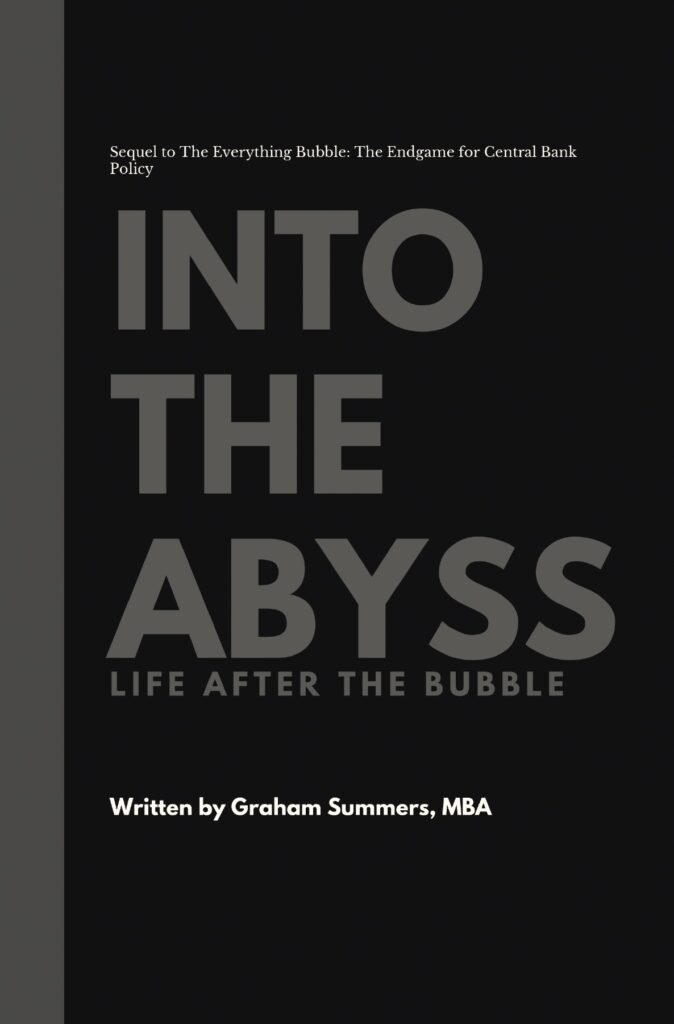For months now I’ve averred that Germany can leave the Euro if it needs to. It is clear Germany does not want to leave the Euro as doing so would:
1) Mean it taking the blame for the collapse of the Euro and EU.
2) Create a systemic Crisis in the EU banking system.
We must remember Germany’s place in the political strata of the EU as a whole. Aside from the fact that Europe’s history is replete with wars involving Germany, we must also remember that WWII was not that long ago. Indeed, most of the major European political policies implemented in the last 80-90 years have involved limiting the possibility of a German-lead Europe.
As a result of this, Germany cannot afford to be seen as the reason for the collapse of the EU. For this reason, Germany, as much as it hates footing the bill for various bailouts, will not want to leave the Euro unless it absolutely has to.
Thus Germany’s “Plan A” in dealing with the EU Crisis has consisted of offering bailout funds to Greece and others under conditions so onerous/ offensive that it was highly unlikely Greece or other nations would be willing to submit to them.
However, the PIIGS in general are so desperate for cash that for the most part they’ve accepted Germany’s terms. As a result of this, Germany has found itself footing the bill for deals that most German voters are furious over.
In the midst of this already tenuous situation Germany is also trying to balance its relationship with the “pedal to the metal” debt-monetizer that is the ECB. Having already seen what happens after rampant monetization (Weimar) Germany is none too pleased about the ECB expanding its balance sheet by over $1 trillion in a mere nine months.
However, what choice did Germany have? It doesn’t want the EU to collapse anymore than anyone else. So Germany did what any sensible entity would do when faced with a situation that offers no positive outcomes: it began to develop “Plan B”: protecting itself once this whole mess comes crashing down.
“Plan B” consisted of two parts:
1) Writing legislation permitting it to leave the Euro but not the EU (this has already been passed by the way)
2) Reactivating its Sonderfonds Finanzmarktstabilisierung – Special Financial Market Stabilization Funds, or SoFFin for short.
The SoFFin is essentially Germany’s emergency bailout fund for times of Crisis. It was created in October 2008 to help the German financial system get through the 2008 Collapse by allowing German banks to dump toxic mortgage assets and other items into the fund so they could clear their balance sheets.
Once things improved, SoFFin was essentially put on hold in December 2010. But in the last three months, Germany has brought it back. And it’s brought it back with one very crucial difference:
Germany Approves Bank Bailout Bill
The SoFFin will give up to €400 billion ($524.24 billion) in guarantees for banks and provide up to €80 billion for recapitalization. The fund, which for the first time will accept euro-zone government bonds, will be operational until Dec. 31 2012.
http://online.wsj.com/article/SB10001424052970204573704577184362262410868.html?mod=googlenews_wsj
This is the mother of all bombshells in Europe and no one is talking about it. Germany basically just announced that it will allow German banks to DUMP euro-zone government bonds off their balance sheets. It also announced it will provide up to 400 billion euros in backstops and 80 billion euros for bank recapitalization.
So Germany will put up 480 billion to backstop its own financial system. Just like that. This is the same country that has to be dragged kicking and screaming into raising any additional funds to defend the EU.
Still think Germany will be posting money for Spain and Italy?
With that in mind, I’m already positioning subscribers of Private Wealth Advisory for the upcoming collapse. Already we’ve seen gains of 6%, 9%, 10%, even 12% in less than two weeks by placing well-targeted shorts on a number of European financials.
And we’re just getting started.
So if you’re looking for the means of profiting from what’s coming, I highly suggest you consider a subscription to Private Wealth Advisory. We’ve locked in 46 straight winning trades since late July (thanks to the timing of our trades), and haven’t closed a single losing trade since that time.
Because of the level of my analysis as well as my track record, my work has been featured in Fox Business, CNN Money, Crain’s New York Business, Rollingstone Magazine, and more. Which is why we’re raising the price of Private Wealth Advisory from $249 to $399 at the end of April. The reason? This is a premium quality newsletter than commands a premium price.
To learn more about Private Wealth Advisory and how we make money in any market environment…
Best
Graham Summers
Chief Market Strategist
Phoenix Capital Research




